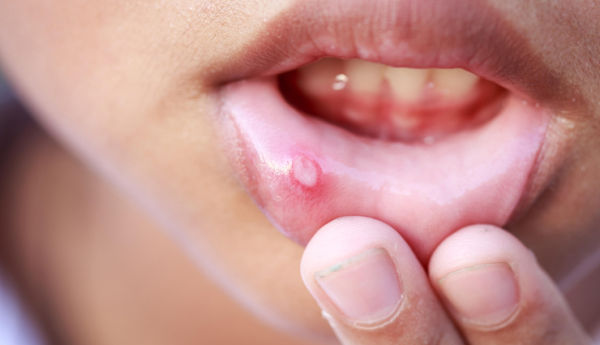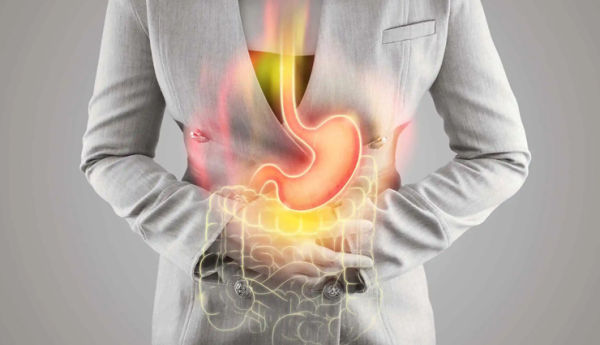

Ulcers are open sores that develop on the lining of the body, often caused by damage to the tissue from inflammation or infection. They can occur in various parts, such as the mouth, stomach, small intestine, or even on the skin. The most common types are mouth ulcers and peptic ulcers (which include stomach and duodenal ulcers).
Peptic ulcers typically develop when the protective lining of the stomach or intestine is worn away by stomach acid, often due to Helicobacter pylori infection or excessive use of painkillers like NSAIDs. Mouth ulcers, on the other hand, are usually triggered by stress, nutritional deficiencies, injuries, or certain foods.
Ulcers can cause symptoms like burning pain, discomfort, and irritation, but with the right care and home remedies, they can often be managed and healed effectively.

For Mouth Ulcers:
# Honey
Dab honey directly on the ulcer 3–4 times a day.
It soothes, heals, and fights infection.
# Coconut Oil
Apply it on the ulcer for its anti-inflammatory and antimicrobial properties.
# Licorice Root Powder
Mix a pinch with honey and apply to the ulcer.
Helps reduce pain and accelerates healing.
# Salt Water Rinse
Mix 1 tsp of salt in warm water and rinse 2–3 times daily.
# Tulsi (Holy Basil) Leaves
Chew 4–5 leaves twice a day.
It has antibacterial and healing properties.

For Stomach (Peptic) Ulcers:
# Bananas
Eat ripe bananas or banana with honey.
It forms a protective layer in the stomach lining.
# Cabbage Juice
Drink ½ cup of fresh cabbage juice twice a day.
High in glutamine and vitamin U, which promote healing.
# Licorice Root Tea
Boil 1 tsp of licorice root in water, strain, and sip twice daily.
Prevents ulcer formation and eases symptoms.
# Cold Milk
Drink a glass of plain cold milk when you feel a burning sensation.
It neutralizes stomach acid.
# Probiotic-Rich Foods
Yogurt, kefir, and buttermilk support gut health and reduce ulcer-causing bacteria (like H. pylori).
# Aloe Vera Juice
Take 1–2 tablespoons on an empty stomach.
Soothes inflammation and supports healing.